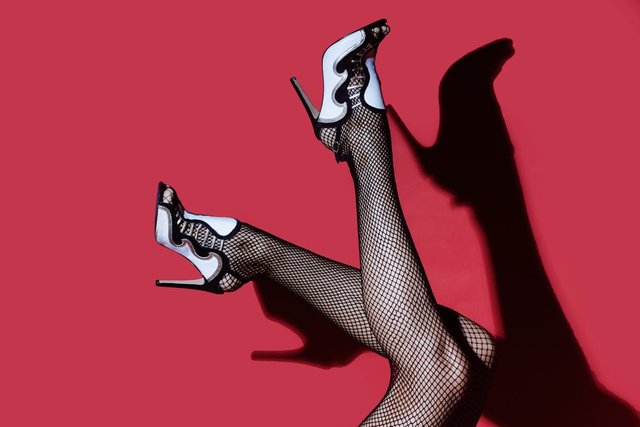When Should I Start Worrying About My Varicose Veins?

Vein therapy is more than just cosmetic; it can have a long-term influence on your health. So, it's critical to understand when veins require attention.
What Is a Varicose Vein?
Varicose veins are unusually big veins that can be seen through the skin. They may or may not produce pain or other symptoms. Types of varicose veins include spider veins. Reticular veins are reddish-bluish and thread-like, with little bluish and string-like veins forming networks.
True varicose veins are big, spongy veins that pop out from the skin's surface.
What Causes Varicose Veins?
Varicose veins are caused by high pressure on the legs. Veins are meant to return blood to the heart. When a person stands or sits, the valves of their veins are meant to close, allowing blood to flow up into the heart rather than down the leg.
However, in individuals with varicose veins, these valves leak. As a result, blood travels down the leg and accumulates in the veins, raising pressure in the lower legs. This increased pressure causes veins to expand and resemble snakes in look and shape. This pressure also makes the legs feel heavy and fatigued, leading to muscle cramps at night.
How Do Varicose Veins Affect Health?
Most individuals just dislike the appearance of varicose veins, which can contribute to melancholy and anxiety, as well as behaviors such as avoiding public places when it is hot. However, varicose veins might cause physical health issues.
- Varicose veins can form blood clots, rupture, and bleed. Increased pressure in the veins of the legs can cause a person to feel heavy, fatigued, and exhausted. Varicose veins may necessitate a reduction in physical activity in order to rest and elevate the legs;
- Stasis hyperpigmentation. Increased pressure in the veins can produce physical changes in the skin around the inner ankle and calf, making it darker and thicker than the surrounding areas;
- Stasis inflammation. When pressure is excessive, the lower leg's skin and soft tissue become inflamed, with hard, red, and sensitive spots. It is frequently misinterpreted for infection. If left untreated, the skin might split and form an ulcer, which usually takes a long time to cure;
- Chronic venous insufficiency. Veins in the legs have impaired function after being injured or weakened. Blood pools in the legs because veins cannot push blood up against gravity, causing it to stagnate or flow backward. This can lead to difficulties and incapacity.
What Are the Best Treatments for Varicose Veins?
- Self-care and lifestyle changes - exercise, elevating leg(s), reduced standing or prolonged sitting, weight loss, and quitting smoking;
- Compression stockings;
- Endovenous ablation treatment is a non-surgical office technique;
- Surgery varicose vein removal (most insurance companies will not cover the price of nonsurgical therapies or surgery for cosmetic purposes).
When Should a Person Consult a Doctor for Varicose Veins?
Consult a doctor if your varicose veins are severe (thick and painful) or if compression stockings, exercise, lifting your legs while sitting or lying down, and/or other self-care treatments do not work. Many patients are concerned about blood clots. Surprisingly, most people are unaware of the complications that varicose veins can cause, including ulcers, stasis inflammation, discoloration, edema, and agonizing discomfort.
Why should you contact a doctor and visit an approved vein facility if you have varicose veins? A person with varicose veins, swelling, discomfort in the legs, pigmentation of the skin in the lower leg, or hardness and tenderness of the lower leg should undergo a full vascular evaluation to avoid progression to mental and physical health problems.
"Great information here! 🤓 Varicose veins might seem like just a cosmetic issue, but as you pointed out, they can have serious long-term effects on our health. 💡 It's essential to know when it's time to seek medical attention, especially if symptoms persist or worsen despite self-care and lifestyle changes.
I'm curious - what are your thoughts on the best treatments for varicose veins? 🤔 Have you tried any of them, or do you have questions about a particular approach?
Also, I'd love to hear from others in the community who may be experiencing similar issues. Let's chat and support each other! 💬
And don't forget to vote for @xpilar.witness by going to https://steemitwallet.com/~witnesses - they're working hard to improve and expand our ecosystem, and your support would mean a lot! 🙏"